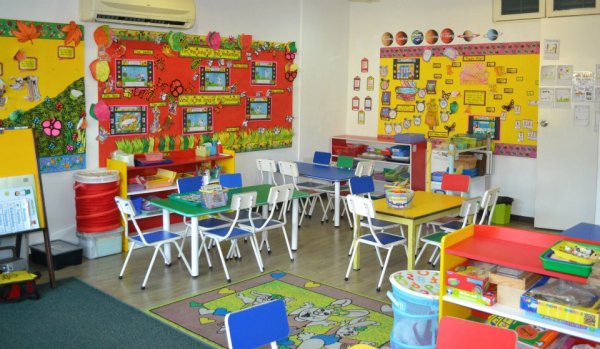A Future-Ready Education: Preparing Students with School LMS Technologies
Introduction:
In the digital age, education is undergoing a profound transformation, and technology is at the forefront of this evolution. School Learning Management Systems (LMS) and their accompanying LMS Portals are playing a pivotal role in preparing students for a future that is increasingly dependent on digital literacy and adaptability. This article delves into the significance of School LMS technologies in equipping students with the skills and competencies needed to thrive in the rapidly changing landscape of education and work.
The Shifting Landscape of Education:
Traditional education models are giving way to innovative approaches that embrace technology as an integral part of learning. School LMS technologies serve as the foundation for these shifts, offering a comprehensive framework for digital learning and teaching. They not only provide a platform for delivering content but also facilitate interactive and personalized learning experiences.
Key Contributions of School LMS Technologies:
- Digital Literacy:
School LMS technologies immerse students in a digital learning environment, promoting digital literacy from an early age. Students learn to navigate digital tools, access online resources, and communicate effectively through digital platforms. - Self-Directed Learning:
The self-paced nature of School LMS platforms empowers students to take control of their learning. They can access educational materials, assignments, and resources independently, fostering self-directed learning skills essential for lifelong education. - Collaboration and Communication:
Collaboration tools within School LMS platforms and portals encourage students to work together, share ideas, and engage in meaningful discussions. These collaborative experiences mirror the teamwork and communication skills required in the modern workplace. - Adaptive Learning:
Many School LMS technologies incorporate adaptive learning features. These tools assess individual student progress and adapt content and challenges accordingly, promoting critical thinking and problem-solving abilities.
Preparation for a Future of Uncertainty:
- Critical Thinking:
School LMS technologies stimulate critical thinking by exposing students to diverse learning materials and interactive resources. Students learn to evaluate information critically, make informed decisions, and apply analytical skills to real-world challenges. - Adaptability:
Rapid technological advancements necessitate adaptability. School LMS technologies introduce students to digital environments and innovative educational tools, helping them become more adaptable and open to embracing emerging technologies throughout their lives. - Global Competence:
School LMS platforms and portals enable global learning experiences. Students can connect with peers worldwide, developing global competence, cross-cultural understanding, and the ability to collaborate on a global scale. - Life-Long Learning:
The foundation of a future-ready education is a commitment to lifelong learning. School LMS technologies encourage students to explore, discover, and pursue knowledge independently, fostering a lifelong learning mindset.
Practical Skills for the Digital Age:
- Digital Citizenship:
Responsible digital citizenship is a fundamental skill imparted through School LMS technologies. Students learn about online etiquette, privacy, and ethical use of technology, ensuring they navigate the digital world responsibly and safely. - Information Literacy:
In an era of information overload, information literacy is indispensable. School LMS technologies provide opportunities for students to develop the ability to critically assess and navigate a wealth of information, ensuring they can discern credible sources and synthesize information effectively.
Conclusion:
School LMS technologies, coupled with LMS Portal, are the cornerstones of a future-ready education. They empower students with digital literacy, self-directed learning, collaboration skills, critical thinking abilities, and adaptability – qualities that are indispensable in the 21st century.
As education continues to evolve and adapt to the demands of the digital age, School LMS technologies are the key to preparing students for a future of endless possibilities. They serve as a bridge between traditional and modern education, equipping students with the skills and competencies needed to excel in an ever-changing world. In essence, School LMS technologies are shaping the next generation of learners and future leaders, providing them with the tools they need to thrive in the complexities of the digital era.






